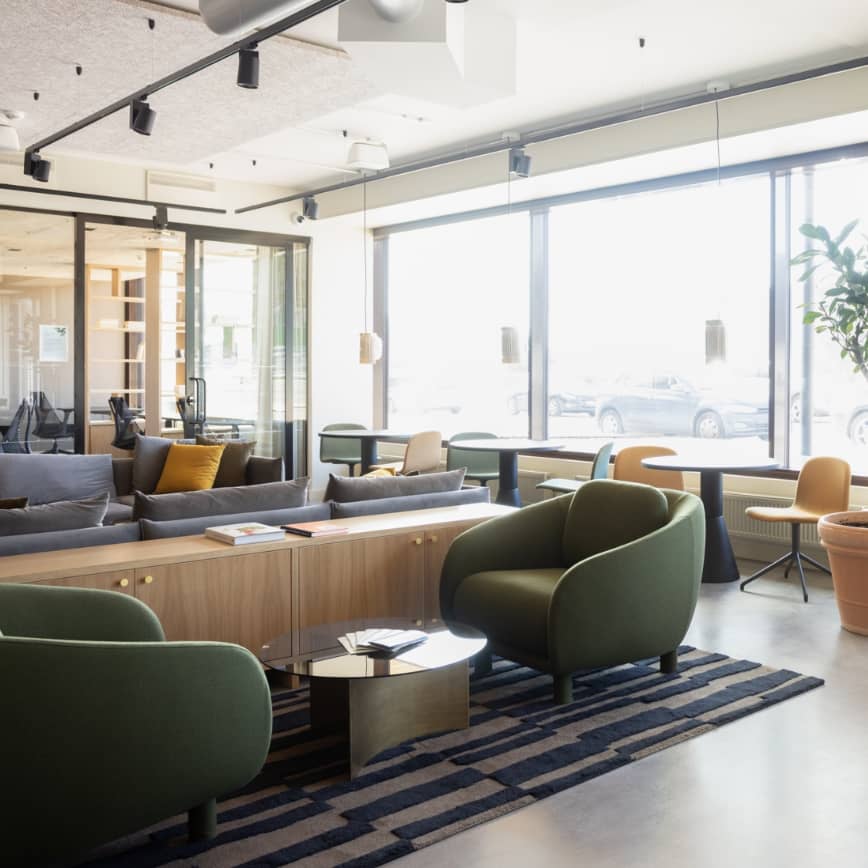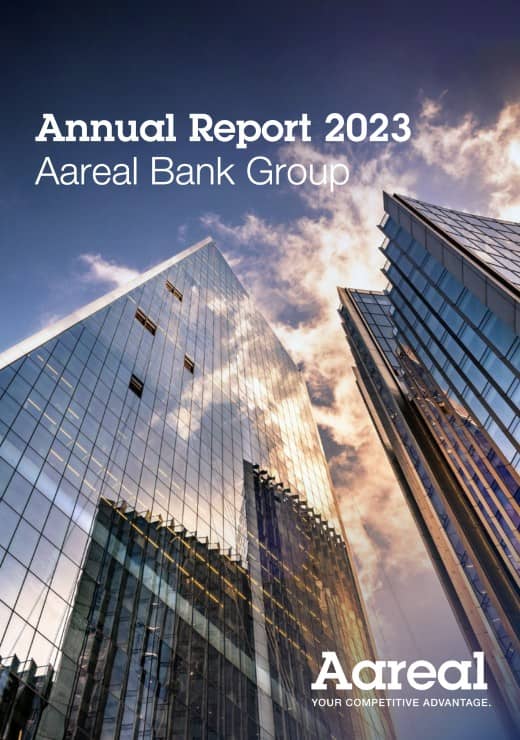
Contents
Evolving from a niche into an established asset class: Alternative living concepts such as student housing and co-living are becoming increasingly popular, with continuously rising transaction volumes. Around the globe, the number of students, digital nomads and commuting professionals is growing. All seek living space that offers maximum flexibility, mobility and comfort – in an urban environment.
Expertise across multiple continents
Aareal Bank has been offering financings for student housing and co-living properties for some time, and is one of the leading European lenders in this area. Responding to rising demand and the growing importance of alternative living concepts, the Bank has launched a dedicated “Alternative Living” division in 2023.
“Alternative living has become increasingly established as a separate and very specific property class over the last few years”, says Bettina Graef-Parker, Managing Director, Special Property Finance at Aareal Bank. “We're therefore following the same logic as with other asset classes such as hotels, logistics or retail, where we've also set up specialist teams with an in-depth knowledge of the relevant sector, so that we can provide better advice to our clients as experts.”
Strong growth rates
Bettina Graef-Parker is convinced that the dynamic momentum seen in recent years will continue: “Demand for student housing concepts will grow strongly over the next few years as the number of students increases worldwide. So does their mobility: the desire – for example from Asia – to study in English-speaking countries abroad is growing significantly. Yet housing is scarce and very expensive in the popular metropolitan areas, creating a particular and pressing need for special student properties.”
A similar development is also expected for co-living projects. The concept of co-living, which is tailored to the needs of young professionals and the growing population of digital nomads, transfers the community idea to the residential world and is appealing to more and more people. Typically, co-living properties are fully equipped micro-apartments with communal areas and additional services.

“In Europe, an aggregate financing volume of €1.1 billion has been provided in this segment since 2020. As the concept is just becoming established in many regional markets, we expect dynamic growth, such as that seen already in the UK.”
Bettina Graef-Parker, Managing Director, Special Property Finance





